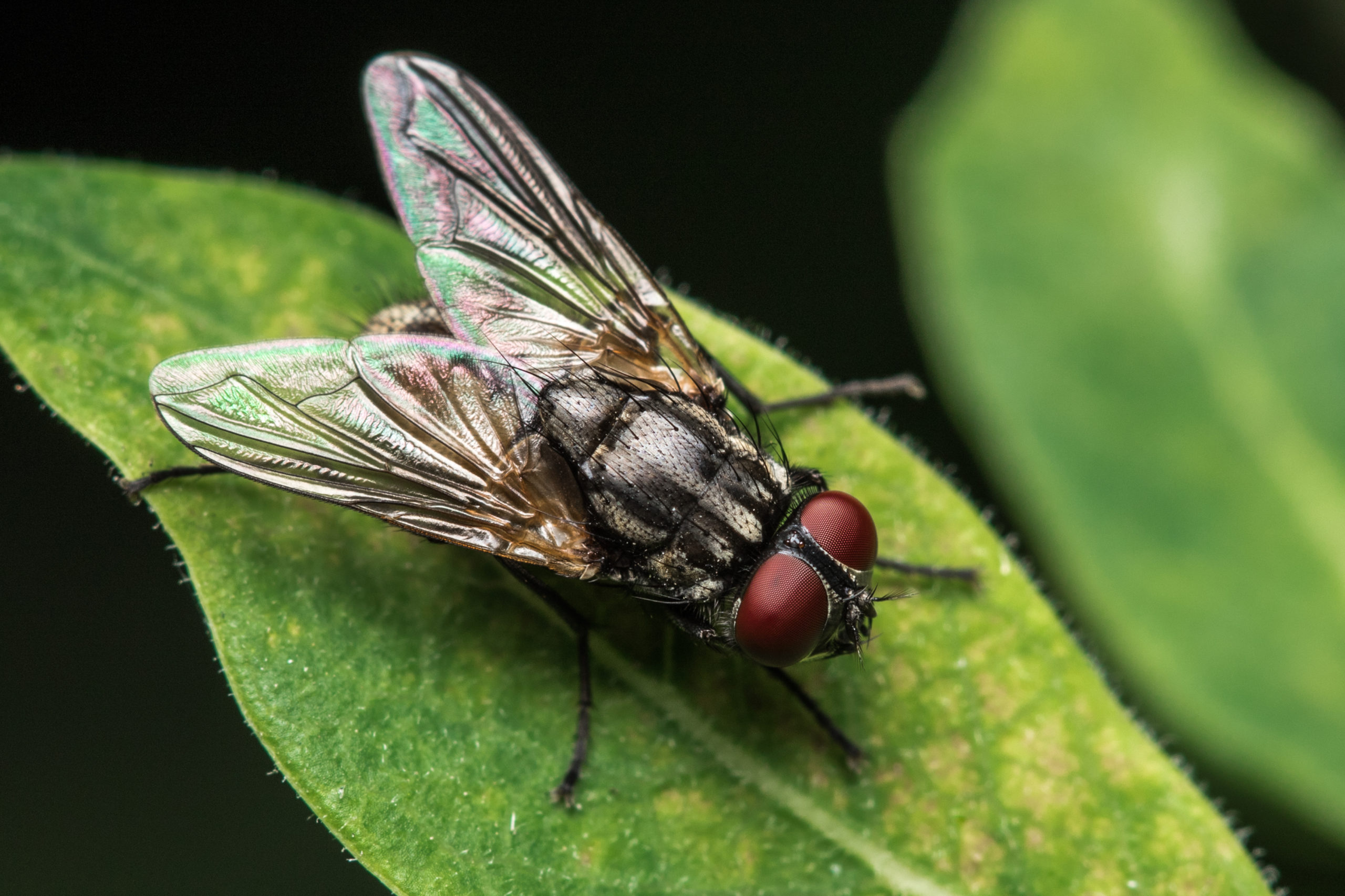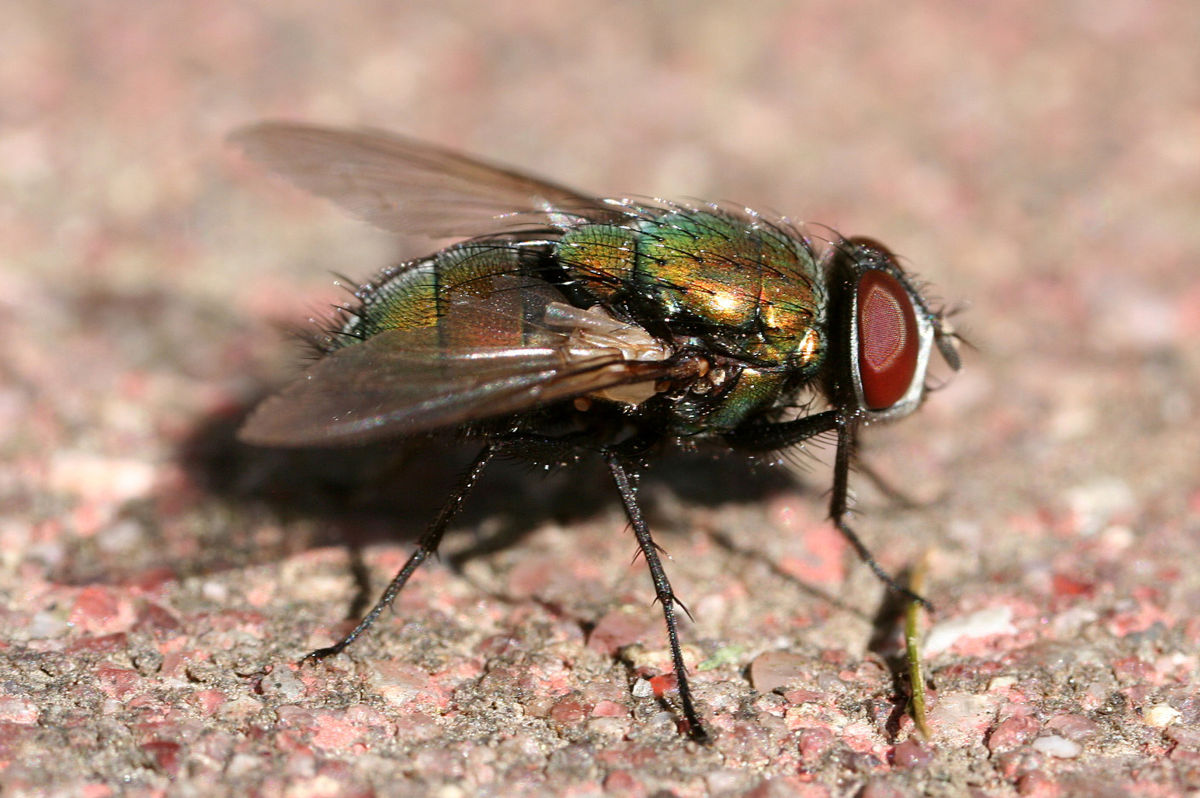The Fascinating World of Flies: An Exploration of Diversity, Ecology, and Interactions
The Fascinating World of Flies: An Exploration of Diversity, Ecology, and Interactions
Introduction: The Evolutionary and Ecological Significance of Flies
Flies, belonging to the order Diptera, are one of the most diverse and abundant groups of insects on Earth. With over 150,000 described species, flies play crucial roles in various ecosystems, contributing to nutrient cycling, pollination, and serving as both prey and predators in food webs. Despite their often overlooked status, flies are essential components of terrestrial and aquatic ecosystems, highlighting their evolutionary and ecological significance.
Diversity and Classification of Flies
The diversity of flies is staggering, ranging from tiny fruit flies to large horse flies. The order Diptera is divided into multiple families, each exhibiting unique morphological and behavioral adaptations. Some of the prominent families include the Muscidae (house flies), Culicidae (mosquitoes), and Syrphidae (hoverflies). Understanding the classification and phylogeny of flies is fundamental to comprehending their evolutionary history and ecological roles.
Morphology and Anatomy of Flies
Flies possess distinctive anatomical features, including a single pair of wings, halteres for balance, and specialized mouthparts adapted for various feeding habits. Their compact body structure enables agile flight and efficient foraging strategies. Detailed examination of fly morphology provides insights into their evolutionary adaptations and ecological functions within ecosystems.
Life Cycle and Reproduction of Flies
The life cycle of flies typically consists of four stages: egg, larva, pupa, and adult. Their reproductive strategies vary among species, with some laying eggs in decaying organic matter, while others require specific host plants or animals for oviposition. Understanding the reproductive biology of flies is crucial for managing pest species and conserving beneficial ones.
Feeding Habits and Diets of Flies
Flies exhibit diverse feeding habits, including saprophagy, hematophagy, and phytophagy. While some species feed on decaying organic matter, others are blood-feeders or nectar-feeders. The dietary preferences of flies influence their ecological interactions and impact on ecosystem processes such as decomposition and pollination.
Behavior and Communication of Flies
Flies display complex behaviors such as mating displays, territorial defense, and resource acquisition. Chemical cues, visual signals, and auditory communication play essential roles in fly behavior and social interactions. Understanding fly behavior provides insights into their ecological roles and population dynamics within ecosystems.
The Role of Flies as Disease Vectors
Certain species of flies serve as vectors for various human and animal diseases, including malaria, dengue fever, and West Nile virus. Their ability to transmit pathogens poses significant public health concerns and necessitates targeted control measures. Studying the biology and ecology of disease-vector flies is essential for mitigating disease transmission and protecting human health.
Economic and Agricultural Impacts of Flies
Flies have both positive and negative impacts on agriculture and economic activities. While some flies contribute to pollination and biological control of pests, others cause significant damage to crops and livestock. Implementing integrated pest management strategies is crucial for minimizing economic losses and maintaining ecosystem services provided by flies.
Environmental Implications and Conservation of Flies
Flies play vital roles in nutrient recycling, decomposition, and ecosystem functioning. Anthropogenic activities such as habitat destruction and pollution can adversely affect fly populations and disrupt ecological processes. Conservation efforts aimed at preserving fly diversity and habitat integrity are essential for sustaining ecosystem resilience and biodiversity.
Research and Scientific Contributions
Flies have been subjects of extensive scientific research, contributing to various fields such as genetics, physiology, and ecology. Key discoveries in fly biology, including the role of Drosophila melanogaster in genetics research, have advanced our understanding of fundamental biological processes. Continued research on fly ecology and behavior is crucial for addressing emerging environmental challenges and conserving biodiversity.
Conclusion: The Significance and Future of Flies
In conclusion, flies are integral components of terrestrial and aquatic ecosystems, playing diverse ecological roles and interacting with humans in various ways. Understanding the diversity, ecology, and interactions of flies is essential for conserving biodiversity, managing disease vectors, and promoting sustainable agriculture. As stewards of the environment, it is imperative to recognize the importance of flies and prioritize efforts to study, conserve, and coexist with these remarkable insects in the face of environmental change and global challenges.
























































